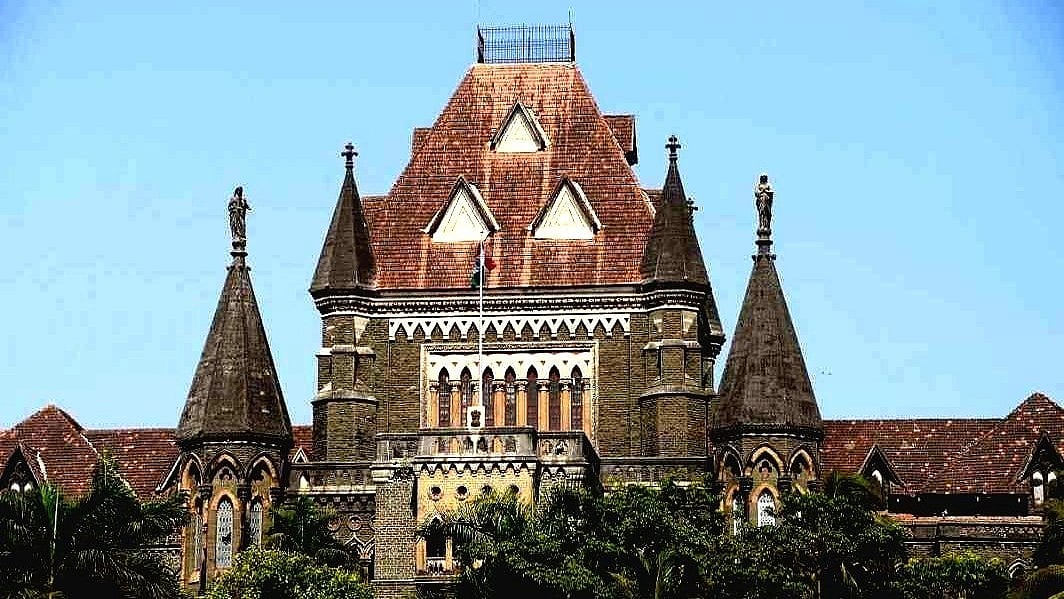Mumbai: Only instant triple talaq is prohibited and not the traditional method of divorce called ‘Talaq-e-Ahsan’, the Bombay High Court has said quashing a case lodged against a man and his parents on his wife’s complaint.
The definition of divorce under the Muslim Women (Protection of Rights on Marriage) Act only includes those forms of talaq which have an effect of instantaneous or irrevocable divorce, Justices Vibha Kankanwadi and Sanjay Deshmukh of the HC’s Aurangabad bench said on Wednesday.
The court quashed the case lodged in 2024 against the man and his parents on his wife’s complaint in Jalgaon under section 4 of the Muslim Women (Protection of Rights on Marriage) Act.
As per the section, any Muslim man who pronounces triple talaq, which is called Talaq-e-Biddat, to his wife shall be punished with an imprisonment up to three years.
The HC in its order said, “Under the Act, what has been described in the definition of Talaq is instantaneous and irrevocable. Talaq means Talaq-e-Biddat or any other form of Talaq, which has an instantaneous or irrevocable effect. All other forms of Talaq are not prohibited or barred.”
In the present case, the man had given his wife Talaq-e-Ahsan, which is the pronouncement of talaq, the court said.
“The final Talaqnama was given three months after the pronouncement. The legal effect of Talaq-e-Ahsan came into play only 90 days during which the couple had not resumed cohabitation,” it said.
When under provisions of the Act, triple talaq is prohibited and not Talaq-e-Ahsan, it would be an abuse of the process of law if the man and his parents are asked to face trial, the HC said.
The couple got married in 2021. They separated in 2023, and the man pronounced Talaq-e-Ahsan in December 2023 in the presence of witnesses.
The man in his plea claimed that under provisions of the Act, this mode of talaq was not punishable.
The bench in its order said the First Information Report (FIR) is not registered for the offence of harassment under the Indian Penal Code.
Since the FIR pertains to the issue of divorce, it is restricted against the husband only and the in-laws cannot be included, the HC said.
“It would be an abuse of the process of law if the case is continued against them,” the bench said.
Disclaimer: This is a syndicated feed. The article is not edited by the FPJ editorial team.
